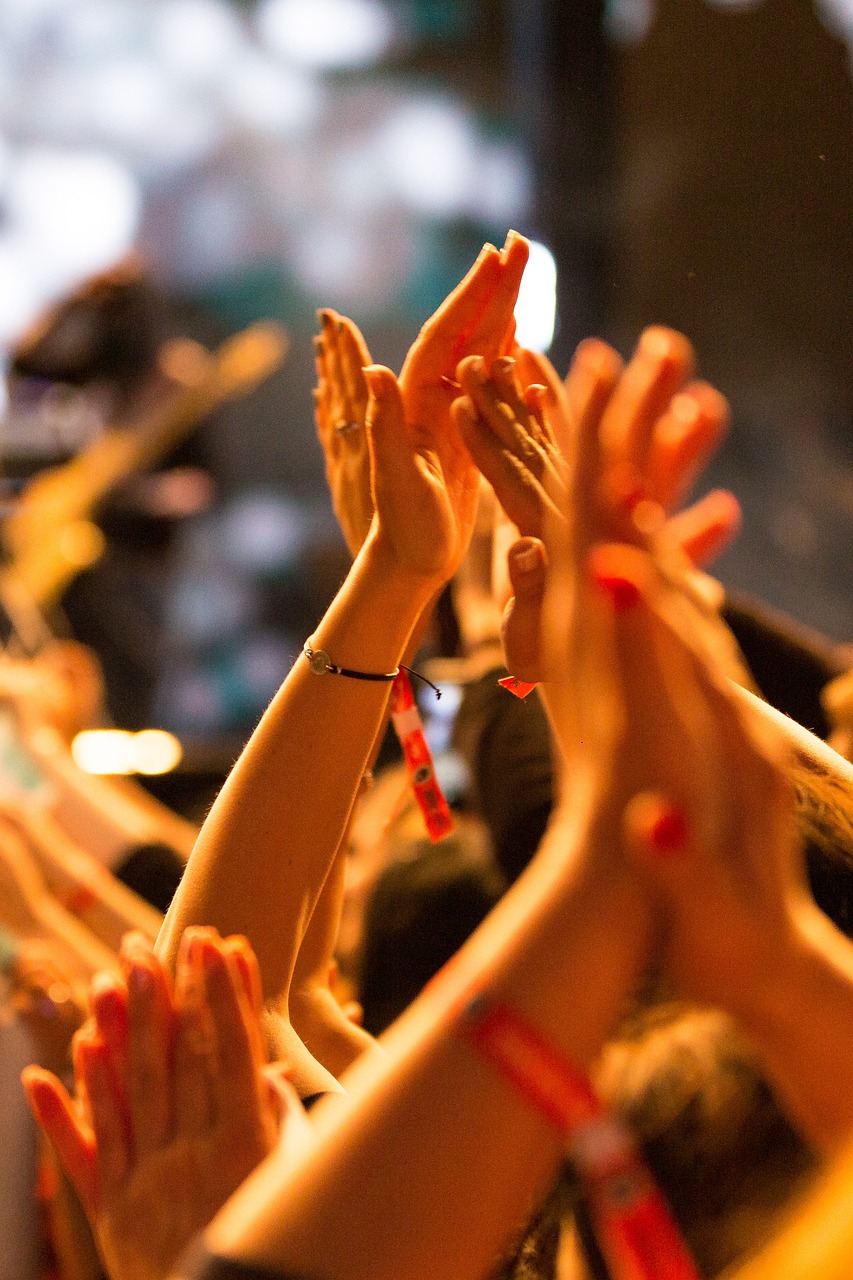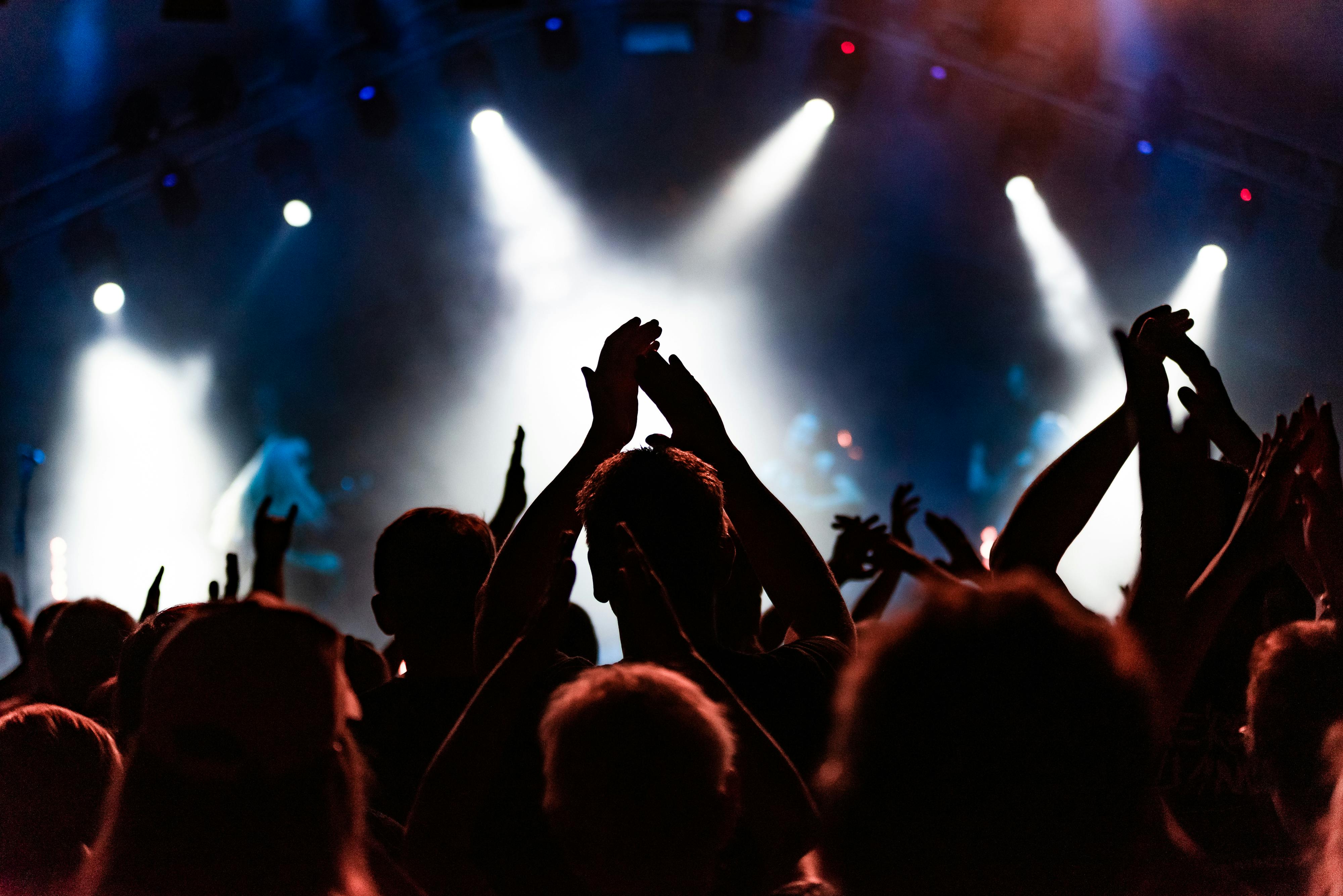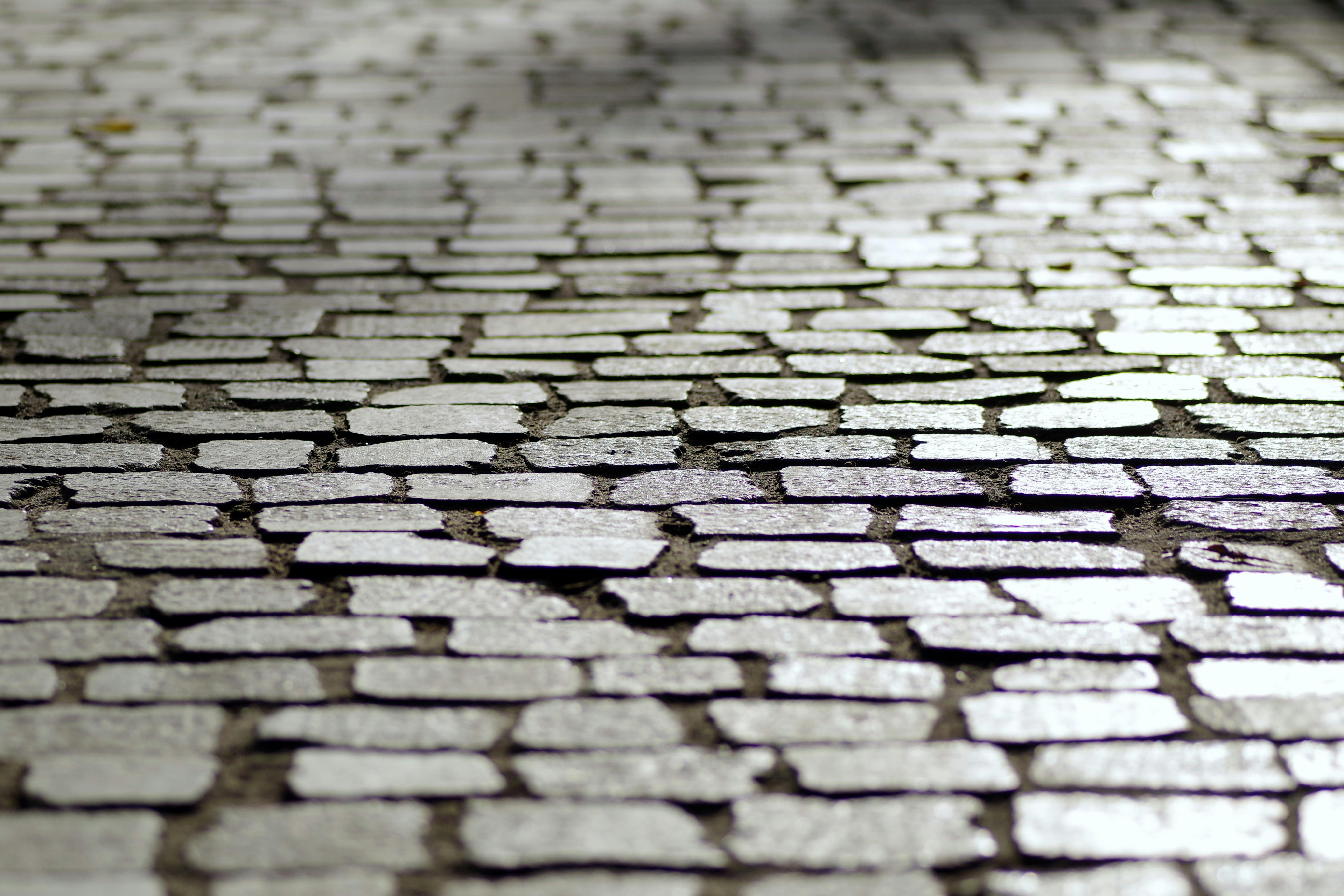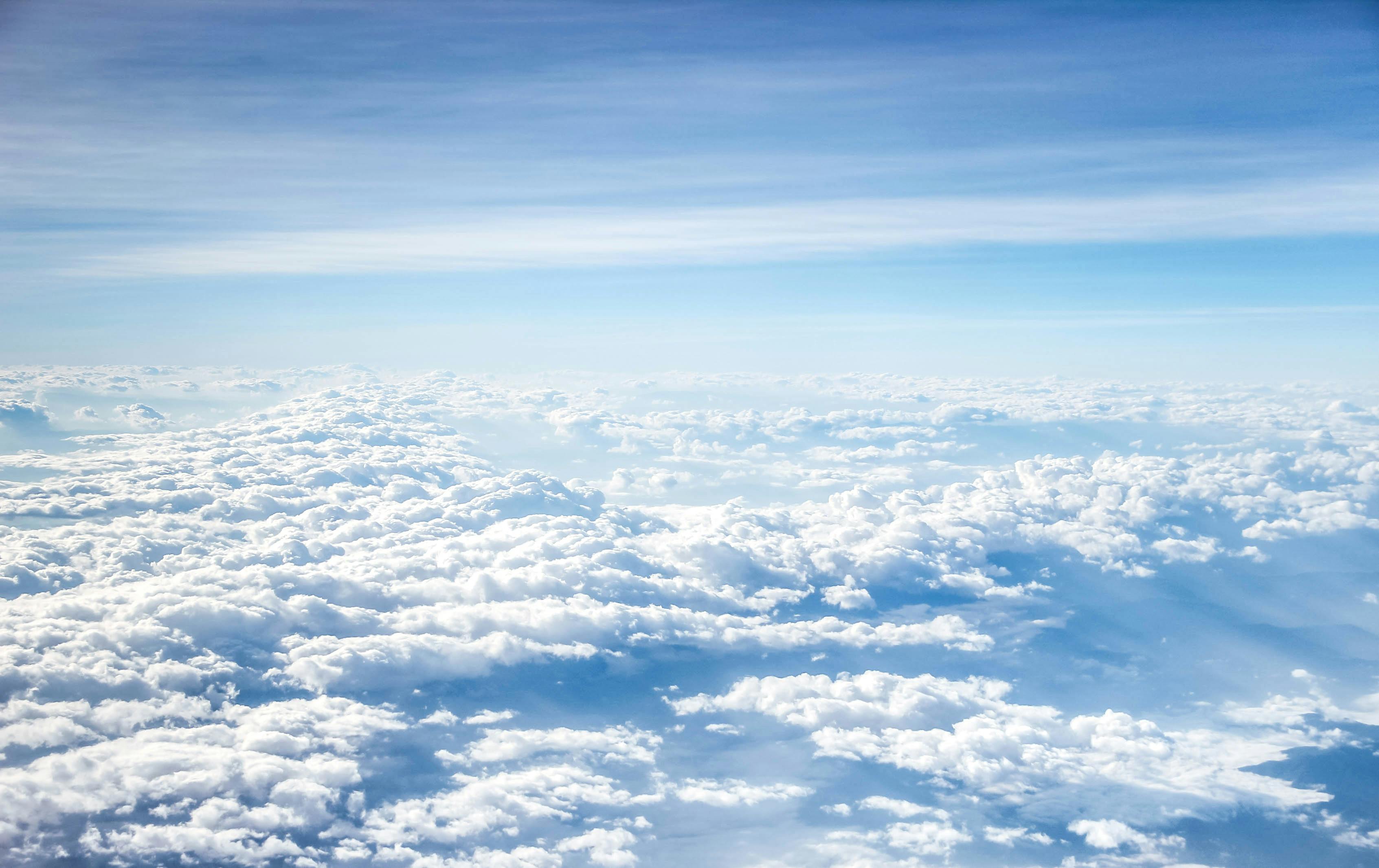
What If All People On Earth Clapped at Once?
It may sound like a simple action, but what if all 8 billion people on Earth clapped their hands at the exact same moment? Could this synchronized clap create any measurable impact? Let’s explore the possible scientific, environmental, and even psychological effects of such a global event.

1. A Sudden Global Sound Wave
If everyone clapped at once, the resulting sound would be a massive pressure wave. Although each clap individually is small, billions of claps synchronized could create a loud, short-lived shockwave in the air.
- 1. The combined sound might reach over 200 decibels in theory—louder than a jet engine or explosion.
- 2. The pressure could rattle windows and cause brief acoustic disturbances in populated areas.
- 3. In reality, people are spread out globally, so the sound would likely be localized, not globally catastrophic.

2. Possible Ground Vibrations
Clapping is not as forceful as jumping, but if billions clapped with synchronized effort, there could be minor ground vibrations.
- 1. Seismometers might pick up tiny signals, especially if synchronized claps happen in densely populated areas.
- 2. It wouldn’t trigger any earthquakes, but it might mimic a microtremor detectable by sensitive instruments.
- 3. Scientists might use such a moment to study how vibrations travel through urban infrastructure and terrain.

3. Atmospheric and Environmental Effects
Though short, a global clap could have small effects on the atmosphere and air pressure.
- 1. A momentary compression of air could occur in certain zones, similar to a large coordinated cheer at a stadium.
- 2. No long-term weather changes would occur, but it could briefly disrupt sound-sensitive wildlife.
- 3. Animals might react to the sudden noise with panic or confusion, especially birds or herd animals.

4. Psychological and Social Impact
The emotional and symbolic impact could actually be the most powerful part of this event.
- 1. A worldwide clap could feel like a moment of unity and global solidarity, similar to clapping for healthcare workers during the pandemic.
- 2. It might bring attention to a cause or become a unifying statement heard around the world.
- 3. Social media and live broadcasts would amplify the moment, making it a powerful shared experience.

5. Could It Actually Happen?
Organizing all people on Earth to clap at once would be an extraordinary challenge.
- 1. Time zones and language barriers make synchronization difficult.
- 2. Not everyone has access to technology, internet, or media to coordinate such an event.
- 3. However, with global platforms, real-time alerts, or even a UN-backed campaign, a close approximation could be possible.
Conclusion
While clapping is a simple gesture, a worldwide synchronized clap could have surprising effects—from minor sound waves to a powerful emotional symbol. It’s unlikely to cause real physical damage, but the symbolic power of human unity might be the most lasting effect. This fascinating thought experiment reminds us that even the smallest actions, when multiplied by billions, can make a massive impact.